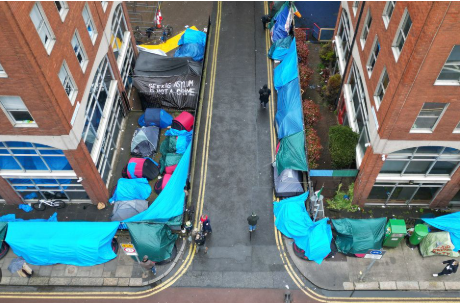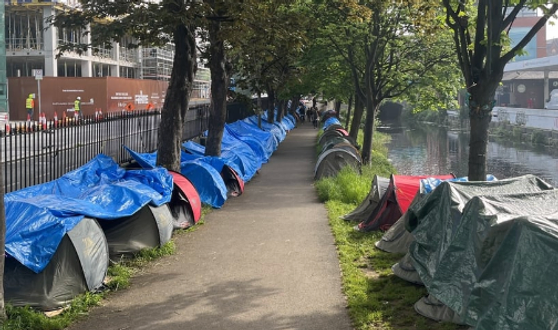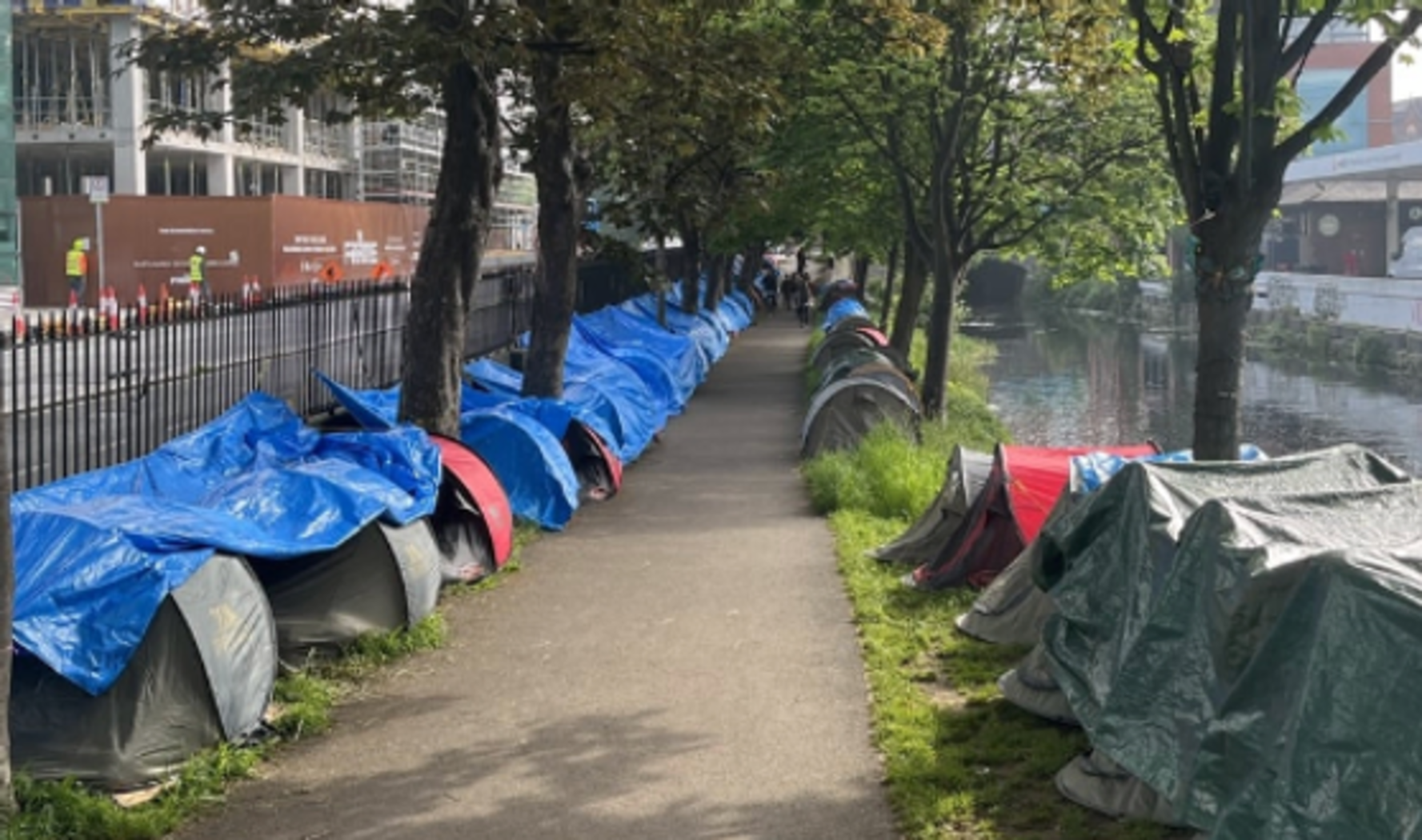The Human Rights Commissioner has expressed concern over the increasing number of asylum seekers sleeping rough in Ireland. This situation raises significant human rights issues, as individuals seeking refuge often face inadequate shelter and support. The commissioner emphasizes the need for urgent government action to ensure that all asylum seekers have access to safe and suitable accommodation, as well as essential services. This highlights ongoing challenges in the country’s asylum system and the importance of upholding the rights and dignity of vulnerable populations.
The issue of asylum seekers sleeping rough in Ireland has become increasingly pressing, highlighting systemic challenges within the country’s immigration and housing systems. Recent reports indicate that many individuals seeking asylum are facing significant barriers to adequate accommodation, often resulting in them sleeping on the streets (Irish Times, 2023).
Background
Ireland has seen a rise in the number of asylum applications in recent years, with approximately 12,000 applications recorded in 2022, a figure that has continued to grow (Department of Justice, 2023). The increasing demand for housing, compounded by the broader housing crisis in the country, has left many asylum seekers without proper shelter. According to the Human Rights Commissioner, this situation is unacceptable, as it violates the rights to safety and security as outlined in international human rights frameworks (Human Rights Commission, 2023).

Systemic Issues
Several factors contribute to the homelessness crisis among asylum seekers:
- Housing Shortages: The general housing crisis in Ireland affects all residents, but asylum seekers often face additional challenges due to the lack of suitable emergency accommodation. Many local authorities struggle to provide adequate housing options, leading to overcrowding and increased pressure on temporary facilities (Housing Agency, 2023).
- Processing Delays: Asylum seekers often experience significant delays in the processing of their applications, which can lead to uncertainty about their status and eligibility for housing support (Irish Refugee Council, 2023). These delays can leave individuals in limbo, exacerbating their vulnerability.
- Insufficient Support Services: Support services for asylum seekers are often inadequate, with many individuals lacking access to information and resources that could help them navigate the system effectively (Amnesty International, 2023). This lack of support can lead to increased isolation and difficulty in securing housing.
Human Rights Concerns

The situation has drawn criticism from various human rights organizations, which argue that the government’s response has been insufficient. The Human Rights Commissioner has called for immediate action to address the needs of asylum seekers, emphasizing that sleeping rough is a violation of their rights under international law (Human Rights Commission, 2023). The right to adequate housing is recognized in the International Covenant on Economic, Social and Cultural Rights, to which Ireland is a signatory.
Conclusion
Addressing the issue of asylum seekers sleeping rough in Ireland requires a multifaceted approach that includes increasing housing availability, streamlining asylum application processes, and enhancing support services. The call for action from human rights advocates underscores the urgent need for policy reform to ensure that the rights of asylum seekers are protected and that they receive the support they need to rebuild their lives in safety and dignity.



